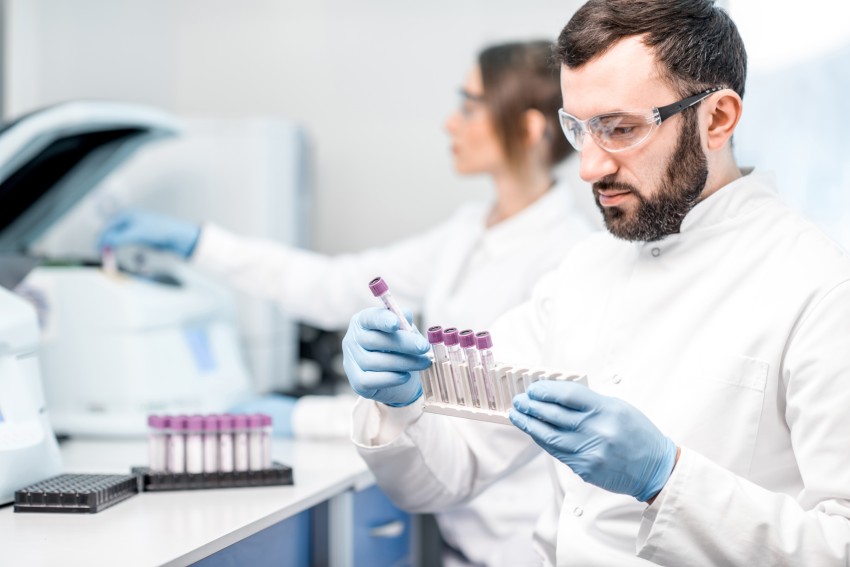Mycoplasma genitalium (MG) is a bacterium that was discovered in 1980, making it a “new” STI, unlike Chlamydia trachomatis and Neisseria gonorrhoeae, which have been known for hundreds of years. As a result, the information we have about this pathogen is limited.
It was discovered thanks to tests performed on patients suffering from urethritis, where diagnostic tests did not indicate the presence of chlamydia or gonorrhoea.
How is Mycoplasma genitalium transmitted?
MG infection is transmitted through vaginal and anal sex. Oral sex has not been shown to transmit M. genitalium, although the bacterium has been isolated in some pharyngeal samples, with such a low incidence that it is not considered significant.
Symptoms of Mycoplasma genitalium
The symptoms of MG infection depend on the area where the pathogen is located, although it often presents no symptoms. If symptoms do occur, the most common are:
- Urethritis
- Cervicitis
- Vaginitis
- Proctitis
Because of that, if you have done penetrative sex, the best choice to avoid transmitting MG is to take the test.
At Open House, after an extensive review of the medical histories of thousands of patients, we detected a prevalence of the infection in more than 7% of the samples analyzed.
Affected areas
Furthermore, we found that urethral MG infection tends to be the most symptomatic, with around 71% of cases showing symptoms. Rectal infection is the least symptomatic, with 39%, similar to vaginal infection, which shows symptoms in 40% of cases. However, MG is more frequently found in the rectum than in any other area, making the rectum an asymptomatic carrier of MG infection.
Long-term complications of Mycoplasma
These infections can also have long-term consequences, such as:
- Pelvic inflammatory disease
- Infertility in both men and women
- Reactive arthritis
Antibiotic resistance and diagnosis of Mycoplasma genitalium
The main problem with Mycoplasma genitalium is that it frequently develops resistance to the main antibiotics used, making it more difficult to eradicate.
Currently, the only valid diagnostic method for its detection is through nucleic acid amplification (PCR) testing.
Detection tests at Open House
At Open House, we offer Mycoplasma genitalium detection tests using this PCR technique, with results in 2 hours. This technique also provides information on the presence of macrolide resistance (the main family of antibiotics used for its treatment).
Why take the Mycoplasma genitalium test?
If you have made unprotected penetrations and want to avoid transmitting Mycoplasma genitalium to your sexual partners, taking the test is the best way to protect yourself and them.
Madrid Clinic Valencia Clinic Medical Center Málaga Mycoplasma Genitalium Test
Dr. Julieta Domingorena Córdoba
